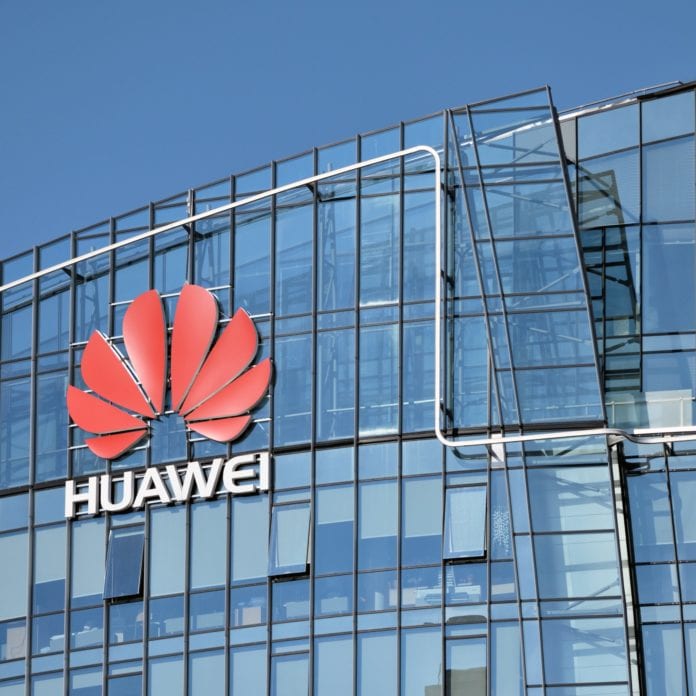Chinese vendor Huawei Technologies has decided to challenge a recent decision by the U.S. Federal Communications Commission (FCC) that further restricted the company’s current business in the U.S. by banning local rural carriers to use a government fund to purchase equipment from the Chinese company, The Wall Street Journal reported, citing people familiar with the matter.
According to the report, Huawei is currently preparing a lawsuit that would challenge the decision. The company is expected to file a suit challenging the FCC decision this week in the Fifth Circuit Court of Appeals in New Orleans.
The vendor has also increased its spending in lobbying firms in Washington, according to the report.
In an interview with The Wall Street Journal last month, Huawei’s founder and CEO, Ren Zhengfei said his company “can survive very well without the U.S.”
On November 25, the FCC has unanimously moved to block the use of Universal Service Fund financial resources to acquire telecommunications gear and services from companies that “pose a national security threat,” and designated Chinese vendors Huawei and ZTE as such companies. The FCC also adopted new rules that network operators which receive USF funds must get rid of gear and stop using services from the covered companies, proposing to establish a reimbursement fund to help defray the costs of doing so.
“The public funds in the FCC’s USF, which subsidizes U.S. broadband deployment and service through four separate programs, must not endanger national security through the purchase of equipment from companies posing a national security risks,” the FCC said in a statement.
“We take these actions based on evidence in the record as well as longstanding concerns from the executive and legislative branches about the national security threats posed by certain foreign communications equipment manufacturers, most particularly Huawei and ZTE,” said Chairman Ajit Pai. “Both companies have close ties to China’s Communist government and military apparatus. Both companies are subject to Chinese laws broadly obligating them to cooperate with any request from the country’s intelligence services and to keep those requests secret. Both companies have engaged in conduct like intellectual property theft, bribery, and corruption.”
The FCC is seeking comment on how to pay for the rip-and-replace process, and in order to design a funding program, plans to “conduct an information collection to determine the extent to which eligible telecommunications carriers have equipment from Huawei and ZTE in their networks and the costs associated with removing and replacing such equipment.”
Huawei said that the FCC’s action was “based on selective information, innuendo, and mistaken assumptions. These unwarranted actions will have profound negative effects on connectivity for Americans in rural and underserved areas across the United States.”
Without access to Huawei’s solutions, the company said, rural and smaller carriers “will lose their ability to provide reliable and high-speed telecommunications and internet services. Rural schools, hospitals, and libraries will feel the effects. And, due to reduced competition in the market for telecommunications equipment, particularly in cutting-edge 5G networks, all Americans will pay higher prices for these critical services.”
In May, the U.S. Department of Commerce added Huawei to its Entity List, a decision that effectively banned the company from buying parts and components from U.S. companies without U.S. government approval. Under the order, Huawei will need a U.S. government license to buy components from U.S. suppliers.
The Department of Commerce recently confirmed it will start to issue some licenses for U.S. firms to sell products to the Chinese vendor.

